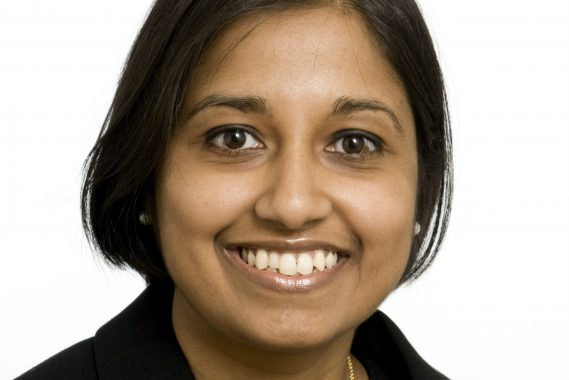The increasingly difficult working environment for GPs in the UK is compounded by an equally challenging claims climate. MPS data worryingly shows that a GP can now expect to receive two clinical negligence claims over the course of their career. These claims range in cost, from a few thousand pounds to many millions of pounds, and in complexity.
The yearly figures published by NHS Resolution paint a stark but real picture of the wider claims environment. NHS spend on claims has increased by 72% over the five years to 2015/2016 – and this equates to an average increase of 11.5% every year. Last year alone, the NHS spent £1.5 billion on clinical negligence costs – and put into context this could pay for the cost of training 6,500 new doctors.[1]
The spiralling cost of clinical negligence means money is being diverted away from front line care at a time when the NHS is facing increasing financial pressure. GPs continue to be significantly impacted – when the cost of clinical negligence increases, the cost of indemnity increases and we recognise the pressure increasing subscriptions places on our members.
We also recognise that working in an increasingly hostile environment is impacting on GPs.
In a recent MPS survey 90% of GPs said it has become easier to bring a claim for clinical negligence than ever before, and 87% say they are increasingly fearful of being sued.[2] A similar proportion say they are concerned about the impact that working in a more litigious environment is having on their welfare and the way they practise.
Errors do occur despite our best intentions and when a patient is harmed it is only right that they have access to reasonable compensation, but a balance must be struck otherwise the financial burden will become unsustainable − for the NHS, healthcare professionals, and society.
The new campaign from the MPS − Clinical Negligence Costs: Striking a Balance – is aimed at controlling the rising costs, keeping more public money in the NHS and ensuring GPs aren’t deterred from staying in the profession. At the heart of the campaign is a package of legal reforms.
The nine legal reforms recommended by MPS include a limit on future care costs based on a tariff agreed by an expert working party; the use of national average weekly earnings to calculate damages awarded for future loss of earnings; and a fixed recoverable costs scheme for claims up to a value of £250,000 to stop lawyers charging disproportionate legal fees. From the £1.5bn paid out in clinical negligence costs in 2015/16, legal costs accounted for 34% of that bill.
A whole package of reforms is necessary if we are to really tackle the root of the problem, and 87% of GPs tell us they support changes to the legal system to tackle the rising cost of clinical negligence.
The recent reduction in the Personal Injury Discount Rate, which significantly increased the cost of settling future loss claims at a time when the cost of clinical negligence is already worryingly high, must also serve as a wake-up call about the sustainability of the situation.
Of course controlling the cost of clinical negligence once a claim is made, is just one component of a more sustainable system. The MPS report published to mark the launch of the campaign also explores the causes of adverse incidents, acknowledges the need for continued enhancements in patient safety, and looks at the complex drivers of claims – from changing patient expectations, through to greater awareness about how to bring a claim.
A three-pronged approach is important if we are to deal with the challenging claims environment for the long-term.
References
1. Calculated using figures that it costs £230,000 to train a GP according to https://fullfact.org/health/cost-training-doctor.
2. Survey of 4,157 UK based MPS members, conducted by MPS in February 2017.
Pulse October survey
Take our July 2025 survey to potentially win £1.000 worth of tokens












